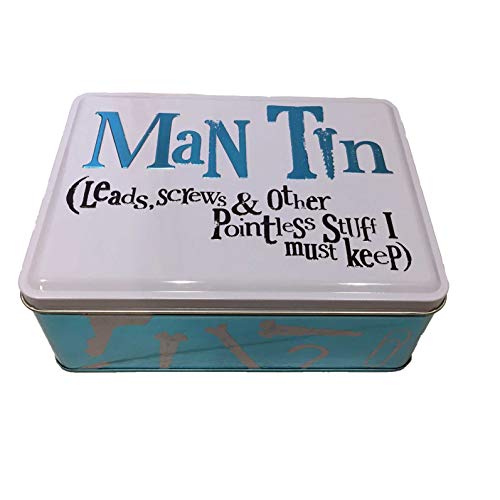Applications of Tin in the Automotive Industry
Tin is a versatile metal that finds numerous applications in different industries, including the automotive industry. Its unique properties make it an ideal choice for various components and processes within vehicles. From soldering electronic components to protecting against corrosion, tin plays a crucial role in ensuring the safety, efficiency, and longevity of automobiles.
Soldering and Electronics
Tin is commonly used in the automotive industry for soldering electronic components in vehicles. With its low melting point and excellent solderability, tin is an essential element in creating reliable electrical connections. It is used to attach and connect wires, circuit boards, harnesses, sensors, and other electronic parts in cars. Tin-based solders provide good electrical conductivity and help ensure the stability and performance of the vehicle’s electrical systems.
Corrosion Protection
Corrosion is one of the major challenges faced by the automotive industry. Tin is utilized as an effective corrosion protection coating for various metal parts in vehicles. The process of applying a thin layer of tin on a metal surface, known as tin plating or “tinning,” creates a barrier that prevents the metal from direct contact with moisture, air, and other corrosive agents. It significantly improves the durability and lifespan of automotive components, such as fasteners, connectors, and even certain structural parts.
Bearings and Bushings
Tin-based alloys, such as bronze and babbitt metal, are widely used in the manufacturing of bearings and bushings for automotive applications. These alloys provide exceptional strength, wear resistance, and self-lubricating properties. Tin acts as a matrix metal, while other elements like copper and zinc enhance the overall mechanical performance. Bearings and bushings made from tin-based alloys help reduce friction, improve efficiency, and ensure smooth and reliable movement in various automotive systems, including engines, transmissions, and suspension systems.
Surface Finishing
Tin is also utilized in the automotive industry for surface finishing applications. The electroplating process is commonly used to deposit a layer of tin onto metal surfaces to enhance their appearance, provide corrosion resistance, and promote adhesion of paints and coatings. Tin-plated finishes can be found on various automotive parts, such as decorative trim, badges, logos, and other components that require a durable and aesthetically appealing surface.
Fuse Elements
Tin is an essential component in the manufacturing of fuse elements used in automotive electrical systems. Fuse elements are designed to break or melt when an electrical fault or overload occurs, effectively protecting the vehicle’s electrical circuits from damage. Tin is often alloyed with other metals to create fuse wire with specific electrical and thermal properties. The use of tin-based fuse elements ensures reliable and safe operation in automotive electrical systems, helping to prevent potential hazards and electrical failures.






